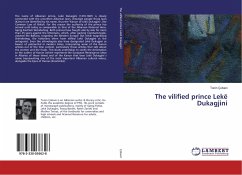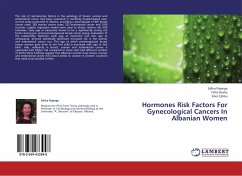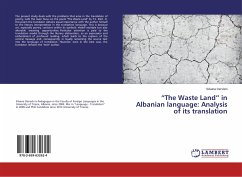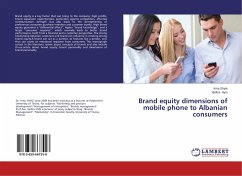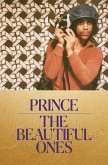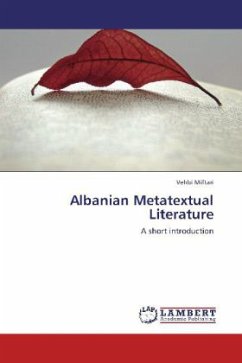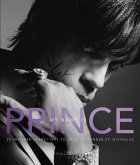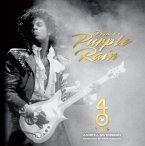The name of Albanian prince, Lekë Dukagjini (1410-1481) is closely connected with the unwritten Albanian laws. Amongst people those laws (Kanun) are identified by his name, thus the "Kanun of Lekë Dukagjini", like Common Law of British. For this reason the authority of the prince has arrived until today as comparable to that of the Albanian National Hero, Gjergj Kastrioti Skënderbeg. Both princes have fought side by side for more than 25 years against the Ottomans, which, after gaining Constantinople, violated the Balkans, targeting the Western Europe. But while magnifying Skënderbeg, the historians often have vilified Lekë Dukagjini as the antagonist. Even the ethnologists also have denigrated Lekë Dukagjini as bearer of patriarchal in modern times, interpreting some of the Kanun articles out of the time context, particularly those articles that talk about the women and the feuds. This study undertakes to clarify the defamation to the author of Kanun (which represents the European Renaissance ideas in Albania of those times) and of the Kanun that bear Lekë Dukagjini`s name (representing one of the most important Albanian cultural values, alongside the Epos of Heroes (Kreshniks)).
Bitte wählen Sie Ihr Anliegen aus.
Rechnungen
Retourenschein anfordern
Bestellstatus
Storno

